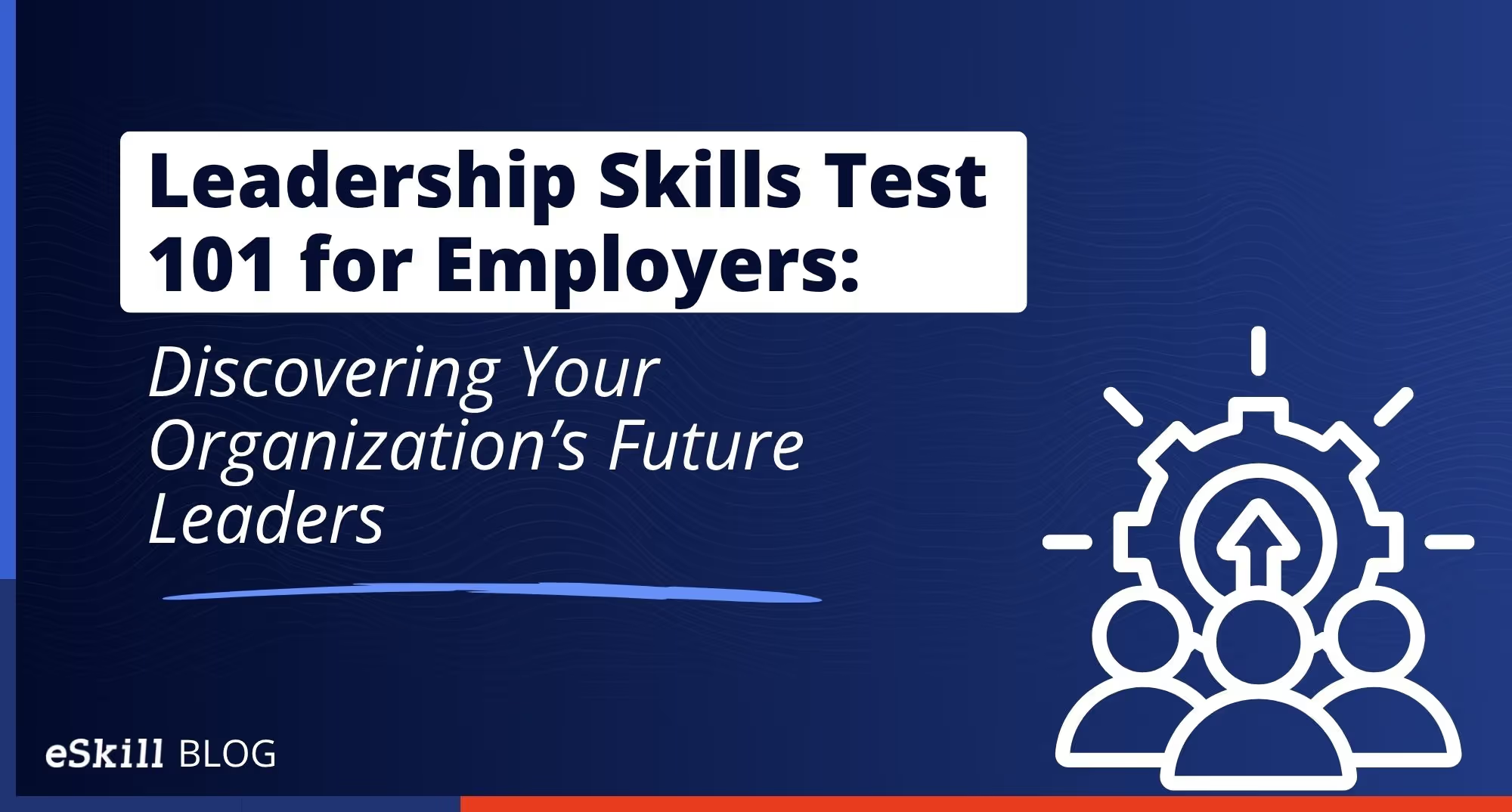Aside from things like cultural fit, location, and management, job seekers name pay as the most important thing when accepting a job. College graduates are told time and time again to look at specific benefits that a company is offering aside from pay before making their choice. It’s probably safe to say that a very high percentage of graduates look only at pay and don’t care about added benefits, but looking long term, they really should.
In an effort to persuade the newly college graduate that pay isn’t the only thing that should be taken into account I have come up with a list of benefits that are considered better than an actual pay raise. Even if you aren’t a new college graduate and you’re looking at a career change, sometimes taking lower pay for better benefits is the way to go and I’ll show you why!
Flexibility to Work from Home: This benefit isn’t monetary, but when considering life style and work/life balance it’s one of the most important things to consider. Working from home allows you the flexibility as a working mother (or father) and gives you time with your kids, which is invaluable to parents.
Increased Vacation/Sick Days: Another non-monetary benefit that might be worth a few dollars is increase vacation and sick days. For the adventurous few that love to take a week or three off from work, vacation days might be worth the cut in pay.
Professional Development: Those who are starting out or looking to better themselves, but can’t necessarily afford training, conference admissions, or the overall cost of professional development, looking for companies who provide such might be an option to those that are willing to take less of pay for invaluable knowledge.
A Higher-Ranked Title. Promotions without a raise are growing trends among businesses. If you’re doing exceptional in your current role you might want to look for a promotions even if it’s not incentivized. More work, less pay? Taking on responsibilities can give you a bigger payoff in the long run compared to staying in your current role with current responsibilities. Sounds like the employer wins and you lose, but it’s an investment in yourself.
Stock Options. If you work for a public company stock option could be a way to retain employees without paying them a higher salary. For job seekers this is a respected benefit, as most companies will also give you double stock each time you invest. They might also give you shares of stock based on years of service.
Each of these benefits doesn’t add onto what you make each year, but offer lifestyle benefits, long-term benefits, and overall better work/life balance. Before you accept your next job, take a look at what the overall job package has to offer. Salary isn’t everything.

Get ademo.






